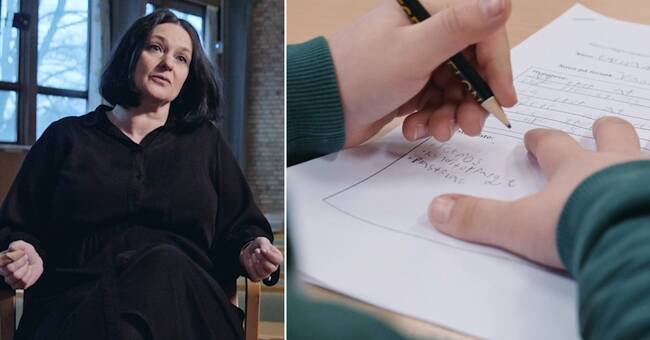Twelve percent of managers in Sweden have repeatedly rejected young jobseekers because they write too poorly. 35 percent state that they have done it at some point, reports Utbildningsradion (UR) in the program Skrivglappet.
1,000 managers have been interviewed in a Novus survey, commissioned by UR. The managers testify, among other things, to financial setbacks and that incorrect medicines were prescribed as a result of spelling errors and grammatical errors made by young employees.
- The 90s who came had a good knowledge of writing in general and the later generation, who were born after the year 2000, have a poorer knowledge of writing, says Tomas Yangbyn, digital manager at the company Transcom, in the program.
Growing problems at universitiesEven within the Police Authority, it has been noticed that young people have become worse at expressing themselves in writing and the Swedish tests that were previously mandatory for future police officers have been removed.
- It is trusted that the high school education that exists today will be fully sufficient to become a police officer. Now we notice that this may not really be the case, says Per Esbjörnsson, police officer and teacher at the Police Academy in Växjö.
Among more than 500 surveyed teachers at universities and colleges, almost half state that their students write too poorly.
- It started maybe ten years ago. I observed that more and more exams were rejected due to the language, says Petra Garberding, associate professor of ethnology at Södertörn University.
The lack of writing skills is found both among people who have Swedish as a mother tongue, and among those who do not, she says.
"Betraying many young people"Filippa Mannerheim, debater and high school teacher of Swedish and history, says that the digitalisation of the school can be a contributing factor.
According to Filippa Mannerheim, the fact that students write less by hand, and more on computers that automatically correct spelling errors, has consequences for their learning.
- I think we disappoint a lot of young people. If we could teach our young people and children to read and write in the past, we should be able to do so today. We have decided, we know how they did when Swedish school was good, she says.

